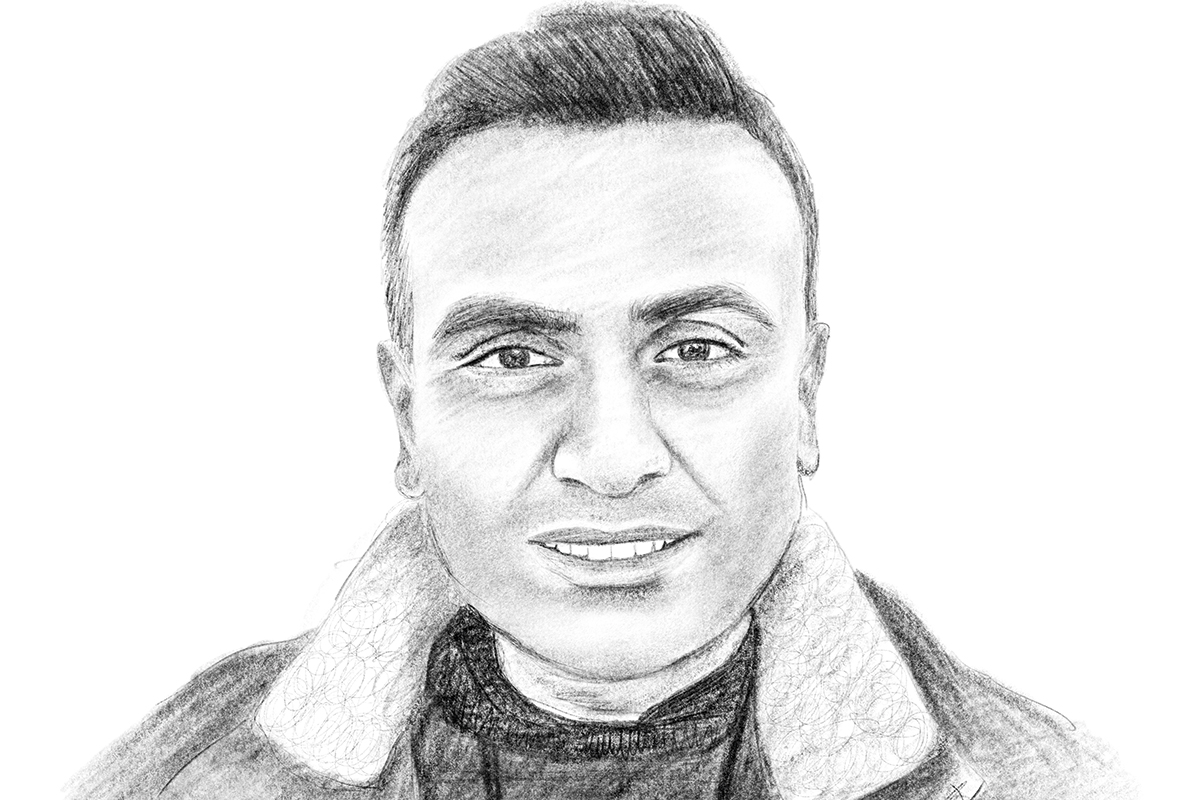
This site is intended for health professionals only

When the former Secretary of State for Health and Social Care Sajid Javid launched the Digital Health and Care plan earlier in the summer, he promised to ‘digitally reform’ the NHS. The most notable of these reforms was the new NHS app with ‘an ongoing drumbeat of new features every month’ and the expectation that ‘by March 2025, all clinical teams in an integrated care system (ICS) will have appropriate access to a complete view of a person’s health records, including their medications and key aspects of their history’.
This sounds great, but it doesn’t address the elephant in the room: behaviour change.
The reform I especially enjoyed was the promise that the NHS app would be the new ‘front door to the NHS’. There is, after all, an increasingly long line of people trying to access the current ‘front door to the NHS’ (primary care), which doesn’t seem to shorten no matter how many patients we see.
To deal with this issue we have to innovate, flexing like we did at the height of the pandemic to meet patient needs. Digital plays a huge role, with online bookings, telephone consultations, video consultations and even group video consultations.
But those of you who read the newspapers may have noticed a lot of pushback because patients can’t walk through an actual front door into a GP’s surgery. In fact, the House of Commons had a debate in June on accessing GP services.
This would indicate that people may not be ready to use a ‘new front door’.
This leads me to the enhanced access service, which PCNs are due to deliver from October and will enable patients in a PCN to access services on weekday evenings and Saturdays.
For any of you who have been involved in planning the service, you will know that IT interoperability is a major issue. Practices may use systems that don’t speak to the systems of other practices or of providers. Getting all of this to link with online bookings seems to be a gargantuan task. The service specification does admit there may be issues with IT. However, some commissioners are not so forgiving, and expect something that isn’t currently possible.
If we do not have the capability to meet our current ambitions and we do not have the systems to understand that, how can we build a shared record?
I do, of course, understand that the NHS needs to change the way it operates. PCNs are a prime example, with their aims of breaking down the barriers between community and primary care, reducing the workload on GPs, focusing on prevention and joining up care around the patient.
I wonder whether this was communicated across the NHS? I also wonder whether the Government will communicate the importance of digital access to patients, being honest with them about the pressure we are under and what this means for service transformation?
I would like to be optimistic about the Digital Health and Care plan. It is certainly the right direction, and the reforms could reap rewards for both the NHS and patients. That’s why I hope that when the Government takes the plan forward, it brings everyone on the journey.
Dr Pramit Patel is lead PCN clinical director at Surrey Heartlands ICS and board member at the NHS Confederation